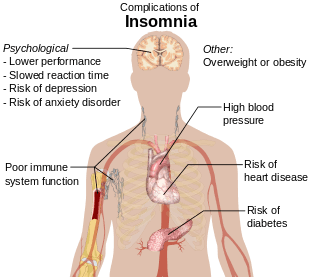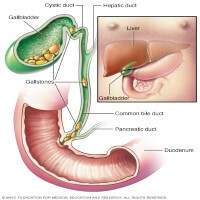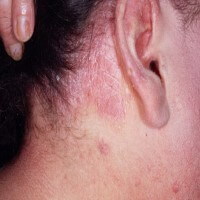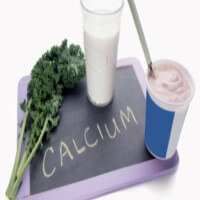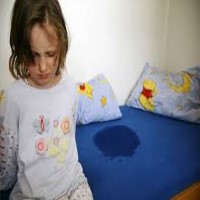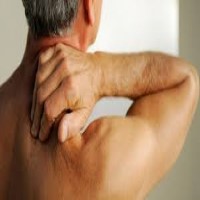Insomnia

Insomnia is a condition where a person has difficulty in getting sufficient sleep. It can be caused by a variety of factors which include stress, anxiety, depression, medical conditions like chronic pain, breathing difficulties, medications, stimulants, some psychologically traumatic events, or even a change of sleeping pattern.
The treatment includes behavioral therapies that teach new sleep behaviors, ways to improve sleeping environments and prescribing medicines for a few days but relying on these medicines for more than these recommended days is discouraged.
Ayurvedic Description Of Insomnia
According to Ayurveda, the vitiation of the three doshas either taken all together or individually may result in insomnia. All factors, that are responsible for the aggravation of Vata and Pitta, along with the environmental and dietary factors play an important role in sleep disturbances. High Vata type of insomnia is caused by Vata imbalance or mental stress. People, who toss and turn, unable to fall asleep because their mind is spinning, have this disorder. It results with anxiety, worry, and rushed activity during the day. In Pitta imbalance, there is intermittent awakening, the person may fall asleep quickly but wake up frequently with palpitation, body pain, and emotional disturbances such as fear, anger, and sadness. Another pattern is when patient wakes up before dawn and finds it difficult to go back to sleep.
Signs & Symptoms
- Less sleep
- Disturbed sleep
- Anxiety
- Low energy
- Irritability
- Daytime sleepiness
Causes and Risk Factors
1) Menopausal women
During menopause, women are more likely to experience insomnia as night sweats and hot flashes often disturb sleep. Insomnia is also quite common in pregnancy.
2) Age
In older ages, because of the changes in sleep patterns and health, insomnia tends to increase.
3) Medical conditions
Gastrointestinal disorders like heartburn, constipation, mental health disorders including depression, anxiety, bipolar nerve disorder and post-traumatic stress disorders are conditions that disrupt sleep.
4) Drugs
Psychoactive drug use (such as stimulants), including certain medications, herbs, caffeine, nicotine, cocaine, amphetamines, or excessive alcohol intake greatly increases the risk of insomnia. Abuse of over-the-counter drugs that are sedative or depressant can cause insomnia, which is rebound in nature.
5) Stress
Stressful events can cause temporary insomnia, long-lasting stress, such as the death of a loved one or separation of couples can lead to chronic insomnia.
6) Social and economic factors
Being poor, living in a state of destitution, unemployment and financial stress also increase the risk.
Self Care Tips
- In some pain conditions, ask your physician or physical therapist about their recommendations (e.g. position type, types of pillows, use of hand splints, etc.) that can help in getting an undisturbed sleep.
- Eliminate caffeine from the diet (coffee, tea, soft drinks), especially after noon time.
- If you don’t have any illness or injury, increase the level of physical activity that helps you to get tired. This will facilitate a deep sleep in the night.
- Sleeping and waking up on the same time every day helps in combating the condition of insomnia.
- Even if you are tired, avoid afternoon nap, as this will just make it more difficult to fall asleep in the night. Also, avoid spending time in bed when you are not sleeping.
- Get into a calming bedtime routine that you start 30-60 minutes before your desired bedtime. Avoid watching tense or scary movies, or other highly stimulating activities. Find some activities that you find calming, and that take your mind off from things that are bothering you.
- Go to bed only when you get drowsy.
- Do head massage of medicated herbal oils that helps in inducing sleep.
AAS Ayurveda offers a holistic approach to cure the condition of insomnia. This includes treating the root cause of the condition, individual counseling, application of medicated herbal oil massage, and relaxation therapies along with the natural sleep improving herbal formulations. The results are time tested and have effective in nature.

